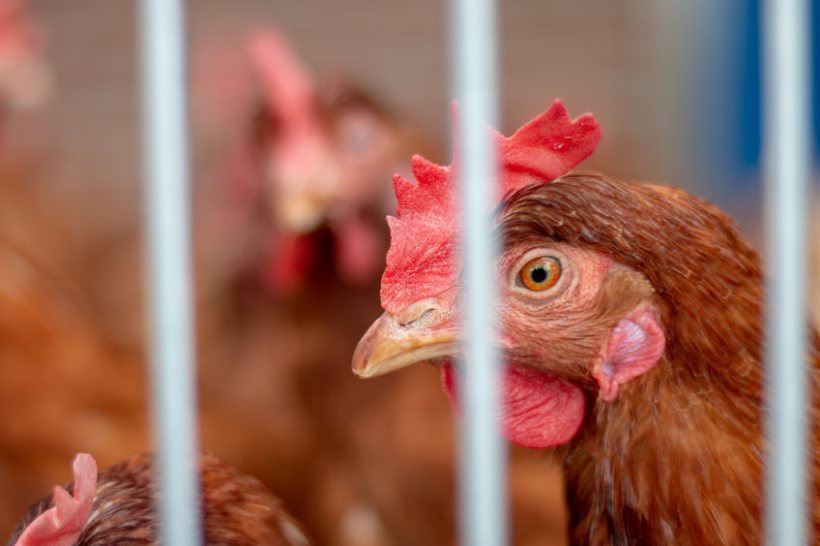
Defra has announced a mandatory housing order for poultry farmers and bird keepers in parts of England due to an escalating risk of avian influenza.
It will come into force from noon on Monday 23 December and will cover East Yorkshire, City of Hull, Lincolnshire, Norfolk and Suffolk.
The enhanced, stricter measure is in response to the escalating local risk of bird flu and number of disease cases in the counties.
The UK's chief veterinary officer, who announced the move today (21 December), said the housing order would help 'reduce the risk of further cases'.
It means all bird keepers, whether they have pet birds, commercial flocks or just a few in a backyard flock, must keep them housed.
The measure is in addition to the requirement to follow the stringent biosecurity measures which have been in force across the counties since 13 December as part of the avian influenza prevention zone (AIPZ).
Chief veterinary officer, Christine Middlemiss, said today that farmers and keepers must 'act immediately to house their birds'.
“There continues to be a growing number of avian influenza cases on commercial farms and in backyard flocks across East Yorkshire, Lincolnshire, and in Norfolk and Suffolk.
"To reduce the risk of further cases we are now introducing a mandatory housing order to help keep birds safe from this high infectious disease.
“Bird keepers within the remit of housing measures are encouraged to act immediately to house their birds. Prompt action will help prevent the spread of disease.
"You should also continue to exercise robust biosecurity measures, remain alert for any signs of avian influenza and report suspected disease immediately to the Animal and Plant Health Agency.”
Defra has urged bird keepers in the affected regions to 'take action now' to comply with the new measures and to protect bird health, including taking steps to safeguard animal welfare.
Keepers should also consult their private vet and expand and enhance housing where necessary, it said.
The new housing measure builds on the strengthened biosecurity measures that were brought in as part of the AIPZ last week, covering the same counties.
The AIPZ means that all poultry farmers and bird keepers need to take extra precautions to limit the risk of the disease from spreading.
The British Egg Industry Council (BEIC) has welcomed the news, saying it was 'based on the latest scientific evidence and risk assessment'.
"BEIC had been calling for this measure as a proportionate response to recent cases and escalating risk," the body said.
Defra also today confirmed that the current risk to human health remains 'very low' and properly cooked poultry and poultry products, including eggs, are safe to eat.
What does the housing measure mean?
The mandatory measure means bird keepers in the affected counties must:
• Housing or netting all poultry and captive birds
• Cleanse and disinfect clothing, footwear, equipment and vehicles before and after contact with poultry and captive birds – if practical, use disposable protective clothing
• Reduce the movement of people, vehicles or equipment to and from areas where poultry and captive birds are kept, to minimise contamination from manure, slurry and other products, and use effective vermin control
• Keep records of mortality, movement of poultry and poultry products and any changes in production
• Thoroughly cleanse and disinfect housing on a continuous basis
• Keep fresh disinfectant at the right concentration at all farm and poultry housing entry and exit points
